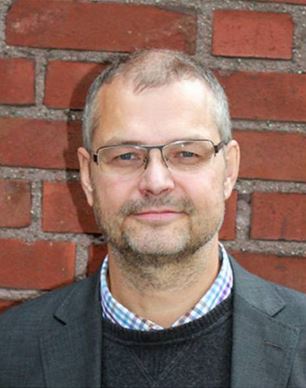Innovative AI Solutions for Sustainable Regional Development
Region Stockholm

KTH and Region Stockholm annually provide funding for KTH researchers focusing on sustainable transport and regional development. This year, one of the awarded projects aims to promote social justice and climate responsibility by identifying areas at risk of segregation and gentrification.
The Stockholm region is experiencing rapid growth and faces major challenges, including housing shortages, increasing socio-economic inequality, and climate change.

The research project aims to develop AI-driven models to analyze urban growth patterns and land use. Professor Mats Wilhelmsson from KTH’s Department of Applied Economics and his research team will collaborate with regional planners and local stakeholders over the next two years to collect data on Stockholm’s urban landscape.
"We have received funding to develop tools that improve urban planning and resource allocation, with a strong focus on addressing socio-economic challenges in vulnerable areas," says Professor Mats Wilhelmsson.
AI and machine learning
The research team will employ artificial intelligence (AI) and machine learning (ML) to generate more precise forecasts for urban expansion, housing prices, and sustainable development strategies.
By integrating AI and ML with geographic information systems (GIS), they aim to assess the socio-economic impacts of urbanization and develop sustainable solutions that benefit all residents, prioritizing social equity and environmental responsibility.
"To combat segregation and gentrification, we need practical solutions that serve the entire region," says Professor Wilhelmsson. "Our goal is to build a more inclusive and climate-friendly city where everyone has access to a high quality of life."
Additionally, the research team aims to share their findings and methodologies with other regions facing similar challenges.
Text: Sofia Tatsis
